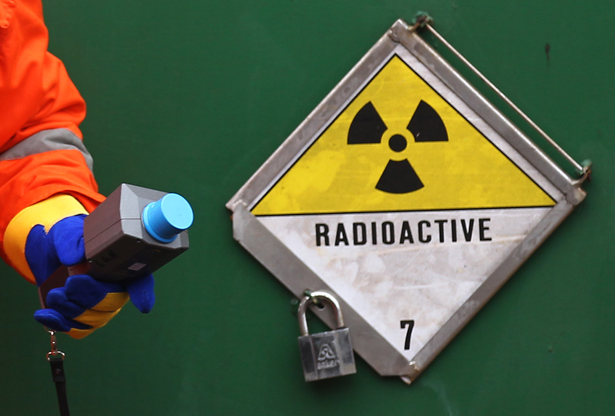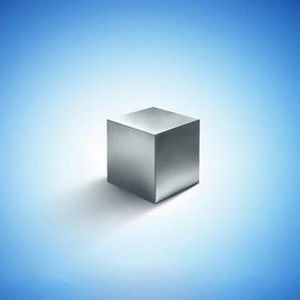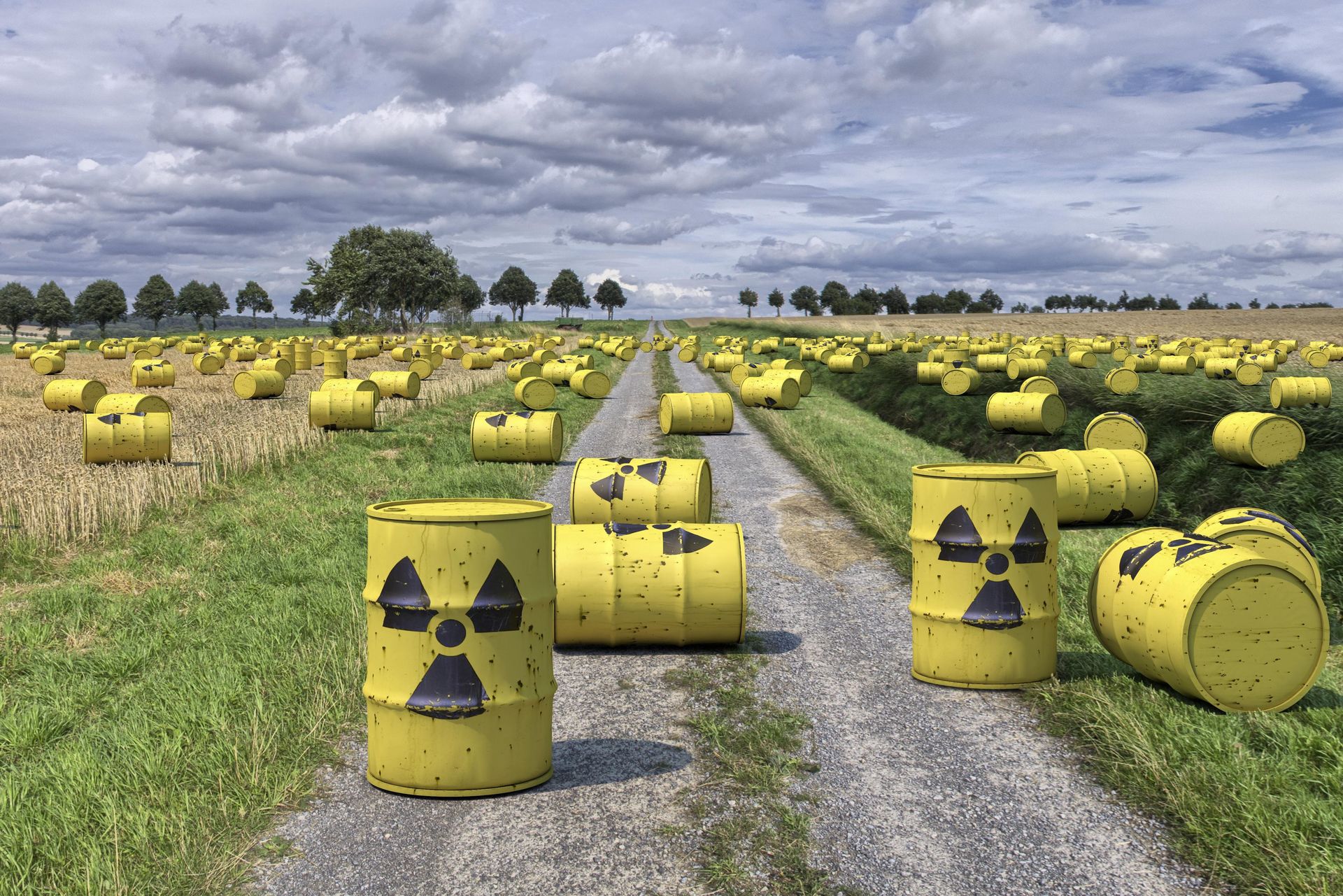![Pandora's Promise [DVD] [Reino Unido]: Amazon.es: Gwyneth Cravens, Leonard j. Len Koch, Richard Rhodes, Robert Stone, Gwyneth Cravens, Leonard j. Len Koch: Películas y TV Pandora's Promise [DVD] [Reino Unido]: Amazon.es: Gwyneth Cravens, Leonard j. Len Koch, Richard Rhodes, Robert Stone, Gwyneth Cravens, Leonard j. Len Koch: Películas y TV](https://m.media-amazon.com/images/I/41wp%2BWsHjkL._SR600%2C315_PIWhiteStrip%2CBottomLeft%2C0%2C35_PIStarRatingFIVE%2CBottomLeft%2C360%2C-6_SR600%2C315_ZA33%2C445%2C290%2C400%2C400%2CAmazonEmberBold%2C12%2C4%2C0%2C0%2C5_SCLZZZZZZZ_FMpng_BG255%2C255%2C255.jpg)
Pandora's Promise [DVD] [Reino Unido]: Amazon.es: Gwyneth Cravens, Leonard j. Len Koch, Richard Rhodes, Robert Stone, Gwyneth Cravens, Leonard j. Len Koch: Películas y TV

Why Divisive Pro-Nuclear Power Film 'Pandora's Promise' is the Right Kind of Doc for CNN to Air – IndieWire

Three Documentaries You Have To Watch - Pandora's Promise, Artifact and Ivory Tower « StratLab Marketing Regina

Amazon.com: Pandora's Promise : Stewart Brand, Gwyneth Cravens, Mark Lynas, Michael Schellenberger, Robert Stone, Robert Stone, James R. Swartz, Susan Swartz: Prime Video
![Pandora's Promise [DVD] [Reino Unido]: Amazon.es: Gwyneth Cravens, Leonard j. Len Koch, Richard Rhodes, Robert Stone, Gwyneth Cravens, Leonard j. Len Koch: Películas y TV Pandora's Promise [DVD] [Reino Unido]: Amazon.es: Gwyneth Cravens, Leonard j. Len Koch, Richard Rhodes, Robert Stone, Gwyneth Cravens, Leonard j. Len Koch: Películas y TV](https://m.media-amazon.com/images/I/81CkS3EdKlL._SY606_.jpg)



















